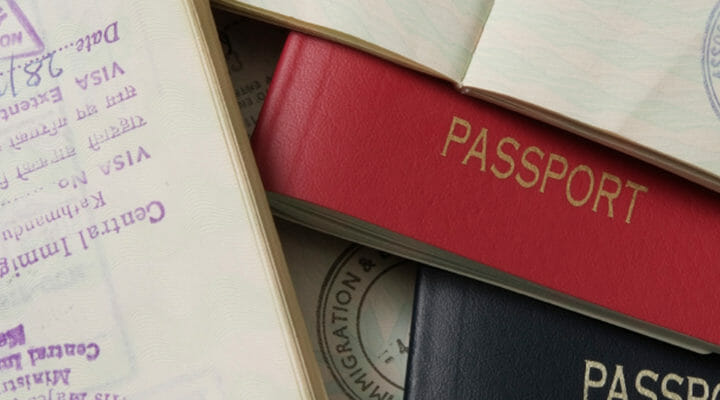Given the volume of security clearance cases my firm handles, I can’t help but notice certain patterns. One of the more interesting patterns of late is efforts by security clearance holders or their immediate family members to obtain dual citizenship (and with it, a foreign passport). I’ve heard a variety of rationales for this: honoring family heritage; a way to expedite travel to a parent’s home country (or within the European Union); eliminating the visa requirement for travel to certain countries; or simply, as one of my recent clients put it, “because it looks cool.”
Whatever your rationale, if you are considering dual citizenship you should know this: all of the above individuals were seeking my services because their security clearance had been denied.
That’s right: efforts by U.S. citizens to obtain dual citizenship – even from an entirely benign country like England or Ireland and even on account of something like ancestry – typically lead to at least an initial security clearance denial on grounds of “foreign preference.”
Dual Citizenship: Don’t Go There
If you haven’t yet obtained the dual citizenship, don’t go there if you’d like to obtain federal government employment or access to classified information. Although your “cool factor” may suffer, save the dual citizenship until you are retired. You’ll save yourself the hassle and risk of security clearance denial now.
If, however, you already have the dual citizenship, you’ll need to studiously avoid exercising any of the privileges of that citizenship. For starters, do not travel on a foreign passport. Ever. This is perhaps the most common reason for security clearance denial and it is a very difficult issue to successfully fight. If you value the security clearance more than the passport, turn-in the foreign passport to your security officer for destruction and indicate so on your SF-86. It is critically important that you dispose of the passport this way, as turning it in to the foreign country’s embassy or consulate effectively puts them on notice of your security clearance status and makes you an intelligence target (and thus an increased risk in the eyes of the U.S. government). It is for this same reason that the government won’t require you to actually renounce your dual citizenship if you are fortunate enough to still be granted a clearance (although they may ask you if you would hypothetically be willing to do so).
Naturalized citizens and swearing allegiance
This brings me to another common misconception: that naturalized U.S. citizens automatically renounce their prior citizenship upon swearing allegiance to the United States. In fact, only a handful of countries have such a law. In most cases, you would need to actually visit the foreign country’s embassy or consulate and sign paperwork renouncing your citizenship. Here again, this can be a trap for the unwary. Doing so may put the former country on notice of your security clearance, thereby making you a target. The best solution in this case is to simply disclose your dual nationality on your SF-86 and wait for any additional instruction from the U.S. government.
Although dual citizenship may be attractive for a variety of reasons, clearly there are some serious repercussions for security clearance holders. And, although you can’t always control the actions of your family members, make sure that those you love understand the implications seeking dual citizenship can have on your security clearance and your career. When in doubt, consult a qualified security clearance attorney for further information.
Related: Foreign Contacts Pose Questions for Clearance Holders
This article is intended as general information only and should not be construed as legal advice. Consult an attorney regarding your specific situation.




